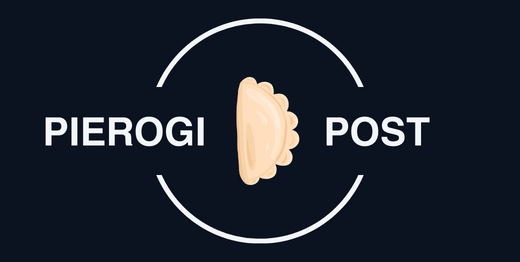The Polish language, a Slavic tongue that has vibrated through the corridors of history, is a vessel of Poland’s rich cultural heritage and intellectual legacy. With its intricate syntax, lush vowel sounds, and consonant clusters, Polish is often regarded as one of the most challenging languages to learn. Yet, its complexity is matched by its beauty and the profound way it shapes the identity of the Polish people. Beyond the borders of Poland, the language has also made a significant impact, influencing arts, science, and diplomacy. This article delves into the nuances of the Polish language, celebrating its beauty, acknowledging its complexity, and examining its influence abroad.
Polish is a language that sings, characterized by its melodious quality and rhythmic intonations. It’s a language where poetry and music find a natural home, allowing for expressive nuances and emotional depth. The use of seven noun cases and specific verb aspects enables speakers to convey subtleties and precision in thought and expression. Polish literature, rich with works from luminaries like Adam Mickiewicz, Wisława Szymborska, and Stanisław Lem, showcases the language’s capacity to explore the human condition, philosophy, and the realms of imagination with unmatched eloquence.
To the uninitiated, Polish presents a formidable challenge. It features a Slavic grammar system that is intricate, with three genders, seven cases for nouns, pronouns, and adjectives, and a verb system that conveys not only time but also aspect. The pronunciation of Polish is notorious for its cluster of consonants and the famous “ś, ź, ć, ń, ł” sounds, which can be daunting. However, this complexity adds to the richness of the language, allowing for a vast range of expression and the ability to convey subtle distinctions in meaning and mood.
The influence of the Polish language and its speakers extends far beyond Poland’s borders. Throughout history, Poles have contributed significantly to arts, sciences, and politics around the world, often bringing their language with them. Notable figures such as Marie Curie (Maria Skłodowska-Curie), a pioneer in the field of radioactivity, and Nicolaus Copernicus (Mikołaj Kopernik), who revolutionized the way we view the solar system, have introduced aspects of Polish thought and language into their work. In the arts, composers like Chopin and filmmakers like Andrzej Wajda have brought Polish sensibilities and sometimes the language itself to an international audience.
The Polish diaspora, spread across continents from North America to Australia, plays a crucial role in preserving and promoting the Polish language abroad. Through schools, cultural organizations, and religious institutions, Polish communities around the world ensure that the language and its cultural heritage are passed down to future generations. In cities like Chicago, Toronto, and London, it’s not uncommon to find vibrant Polish neighborhoods where the language is spoken daily, serving as a living bridge to the homeland.
Learning Polish opens a window to understanding Poland’s history and cultural idiosyncrasies. The language is a keeper of the nation’s myths, struggles, and victories. Idiomatic expressions, proverbs, and sayings in Polish often reflect the humor, wisdom, and resilience of the Polish people. Moreover, understanding Polish allows for direct access to its rich literary and cinematic works, offering insights into the soul of Poland that translations might not fully capture.
In the digital age, Polish faces both challenges and opportunities. While globalization and the dominance of English online pose threats to smaller languages, they also offer unprecedented opportunities for language promotion. Online platforms, social media, and digital learning resources have made learning Polish more accessible to people worldwide. Additionally, the Polish government and cultural institutions have undertaken initiatives to promote the Polish language and culture globally, leveraging technology to reach a wider audience.
The Polish language, with its beautiful complexity, is more than just a means of communication; it is a reflection of Poland’s soul—its history, its struggles, its aspirations. For Poles, both in Poland and abroad, it is a source of pride and identity. For language enthusiasts and scholars, it offers a rich field of study and a doorway to understanding a significant European culture. As Poland continues to make its mark on the global stage, the Polish language stands as a testament to the enduring spirit and cultural richness of the Polish people, inviting the world to explore the depths of its heritage.




